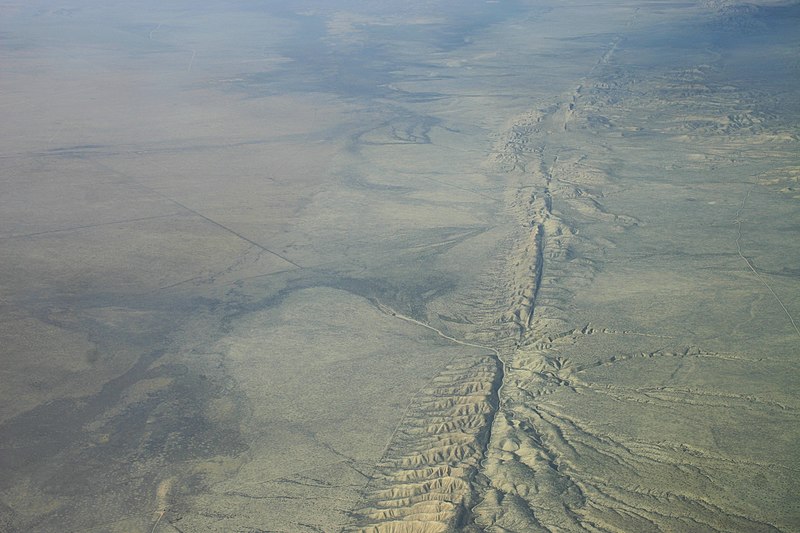The answer to the question "Can earthquakes be predicted" is no. However, it does not mean that we cannot do anything at all. For example, the regulations to construct buildings in places at risk is something where seismologists can and do help. But, can we do better?
Until the L'Aquila event, seismologists approached the topic from the scientific point of view only. Of course everybody knew that it would have a strong social impact if earthquakes could be predicted. But that was only one more reason to research that particular question, not the main one. A positive answer to the predictability of earthquakes would mean that we know the process in detail, and that is what most scientists like: to understand a problem so well that we can do predictions about what is happening next.
However, we are not yet at that stage, and probably we never will. The Earth's crust is what we call a Complex System, and it is chaotic. That means that the whole is much more than the parts, and also that the initial conditions are very important. But the climate is also chaotic, and scientists are able to make climate and weather forecasts. Why do not use this approach too?
Well, earthquake forecasting is a little bit more complex. For starters, we do not know the state of the variables we are interested in. We cannot measure them directly. Also, the time of interest is very large (decades, centuries, even more), and we only have records from the beginning of the twentieth century. We know about other earthquakes in the past, because of reports and geological evidence, but they have many errors and we need more information.
But after the L'Aquila event, where some scientists were prosecuted for not informing the population appropriately, the seismological community is making an effort to provide useful information to the authorities.
Jordan et al. (2011), in their paper, made a recompilation of all the models that have been tried to forecast earthquakes. They also highlight the importance an operational forecast has: to give probabilities of occurrence in well established intervals of time, magnitude and space. Even if our models are not very good, we still should give some information of what is happening next.
The problem with the models for forecasting used in the literature is that they have not been properly tested. It is obvious, but until the
CSEP (Collaboratory for the Study of Earthquake Predictability) project, no unbiased testing was performed. This project is also an answer to the necessity of having a framework where we can test our forecasts. In that way we can give the best information we can to the authorities.
The
REAKT (Strategies and tools for Real Time EArthquake RisK ReducTion) project from the 7th Fremawork, in which I am involved, represents the great effort the scientific community is doing to answer to this societal need. What can be done to reduce the seismic risk in a region? With more than 20 institutions involved from the European Union and abroad, it tackles the problem in a very comprehensive way: from building regulations to early warning, from earthquake forecasting to the communication to the authorities and society.
Can earthquakes be predicted? No, but still we can be useful to society. We are not always in the clouds. Sometimes, we look down to Earth.
(Image from
Wikipedia)

